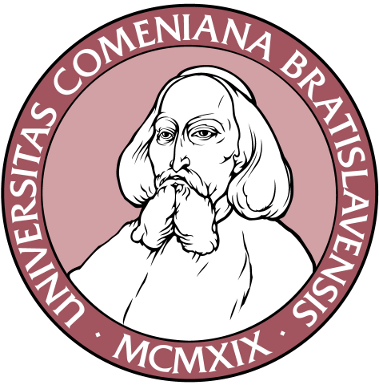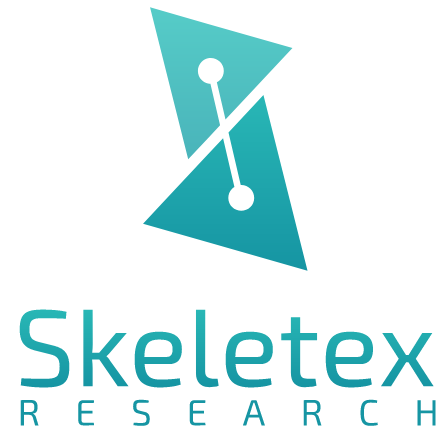Skeletex: Skeleton-texture Co-representation for Topology-driven Real-time Interchange and Manipulation of Surface Regions

Mesh processing algorithms depend on quick access to the local neighborhood, which requires costly memory queries. Moreover, even having access to the local neighborhood is not enough to efficiently perform many geometry processing algorithms in an automatic or semi-automatic way. As humans, we often imagine mesh editing at the level of topological information, e.g., altering surface features, adding limbs, etc., which is not supported by current data structures. These limitations come from the widely used mesh representations because the needed information is not implicitly defined by the structure. We propose a novel model representation called Skeletex. Each 3D model is decomposed into two elements: a skeletal structure that encodes the model topology and a vector displacement map to capture fine details of the geometry. Such a co-representation contains the topology information, as well as the information about the local vertex neighborhood at each texel. Additionally, our data structure facilitates an automatic skeleton-based cross-parameterization. This allows us to implement the mesh manipulation tasks in parallel, using a unified streamlined pipeline that directly maps to the GPU. We demonstrate the capabilities of our data structure by implementing surface region transfer and mesh morphing of 3D models.
Downloads
Citation
Martin Madaras, Adam Riečický, Michal Mesároš, Martin Stuchlík, and Michal Piovarči (2018), Skeletex: Skeleton-texture Co-representation for Topology-driven Real-time Interchange and Manipulation of Surface Regions. Computer Graphics Forum, 37: 325-336.@article{Madaras2018,
author = { Martin Madaras and Adam Rie\v{c}icky and Michal Mesaros and Martin Stuchlik and Michal Piovar\v{c}i},
title={Skeletex: Skeleton-texture Co-representation for Topology-driven Real-time Interchange and Manipulation of Surface Regions},
journal = {Computer Graphics Forum},
volume = {37},
number = {7},
pages = {325-336},
doi = {https://doi.org/10.1111/cgf.13571},
doi={10.5220/0006531100400047},
year = {2018}
}



